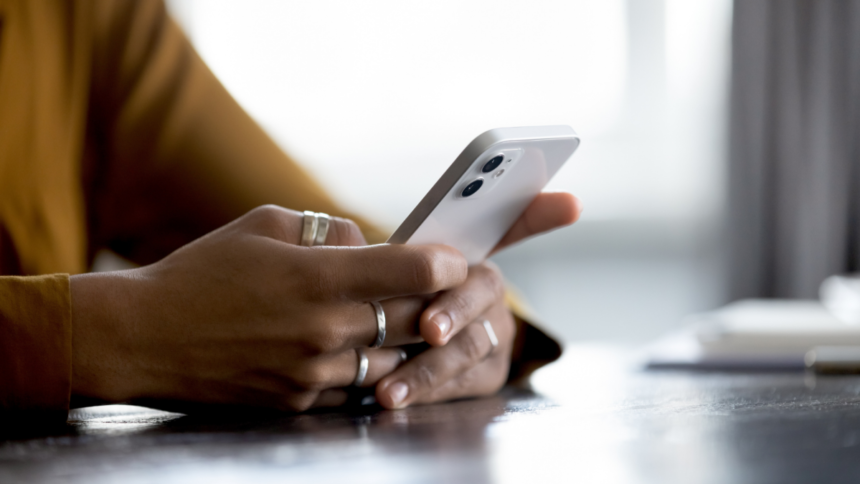Understanding the Incomplete RCS Experience on iPhone
Six months have passed since Apple rolled out its major iOS 18 update, bringing RCS support to iPhones. This update has significantly improved messaging experiences while transitioning from SMS, especially in terms of group chats and video quality. Nevertheless, a considerable issue remains: the lack of encryption for messages.
What is RCS?
To grasp the current situation, it’s crucial to understand what RCS, or Rich Communication Services, entails. Essentially, RCS is an upgraded form of SMS that integrates contemporary messaging functionalities such as typing indicators, high-definition multimedia sharing, fully operational group chats, and, importantly, end-to-end encryption. Traditional SMS falls short in these aspects, rendering it less efficient, particularly in group conversations.
While RCS isn’t universally supported across all Android platforms, if your partner’s device has it enabled and your iPhone does too, your dialogues can resemble iMessage conversations between Apple users (albeit with green bubbles). Currently, many features are operational: users can see when others are typing, send pictures and videos in high resolution, and experience group chats similar to those on iPhones. The problem arises, however, with a critical missing feature.
RCS on iOS Lacks Encryption
At present, RCS messages exchanged between iPhones and Android devices lack end-to-end encryption. This leaves conversations with Android friends open to vulnerability since these messages are transmitted without adequate security measures.
This situation isn’t unfamiliar to iOS users; if you’ve previously communicated with Android devices over SMS, those exchanges were also unprotected. However, the expectation with RCS on iOS was to include encryption. The presence of the RCS marker in a conversation should ideally assure users that only those involved in the chat can access the messages.
Yet, it’s important to note that RCS is not consistently end-to-end encrypted across all platforms. Google Messages is the primary application that offers default end-to-end encryption via RCS, but this encryption is contingent upon both users utilizing Google Messages and having RCS activated. Other popular services, such as Samsung Messages and Textra, do not provide this encryption at all.
Upcoming RCS Encryption for iOS
However, positive changes are on the horizon. The GSMA, the organization that collaborates with mobile operators to establish unified standards, has revealed new specifications for RCS, which will implement end-to-end encryption based on the Messaging Layer Security (MLS) protocol. In essence, this means that all RCS messages will achieve end-to-end encryption regardless of the platforms being used.
This development shouldn’t be unexpected; the GSMA had previously announced its efforts toward enabling RCS encryption on iPhones. While a specific timeline for this enhancement hasn’t been disclosed, both Apple and Google are eager for its swift adoption. This news is promising, and the new standard is much anticipated.
Misunderstandings Regarding RCS Security
Despite these advancements, it is critical to acknowledge that some users may operate under mistaken beliefs about the security of RCS. Until the upcoming updates are implemented, RCS conversations on iPhones do not receive the benefits of end-to-end encryption. For fully secure communications with non-iPhone users, relying on encrypted messengers like Signal or WhatsApp is advisable. iMessage, as always, provides end-to-end encryption by default, ensuring privacy in those chats.
Attention Android Users: Group Chat Visibility Issues
For those accustomed to Google Messages, it’s essential to note that group chat names are not private when communicating with iPhones.
In Google Messages, users can assign any name to a group chat that only they can see. This functionality aids in keeping track of various conversations without exposing the designated names to other participants. However, when interacting with iOS users, group chat names become communal knowledge: any changes made to the group name will be visible to all members. So, if an iPhone user is part of your group, be cautious about how you label your chats since everyone will see the alterations!












